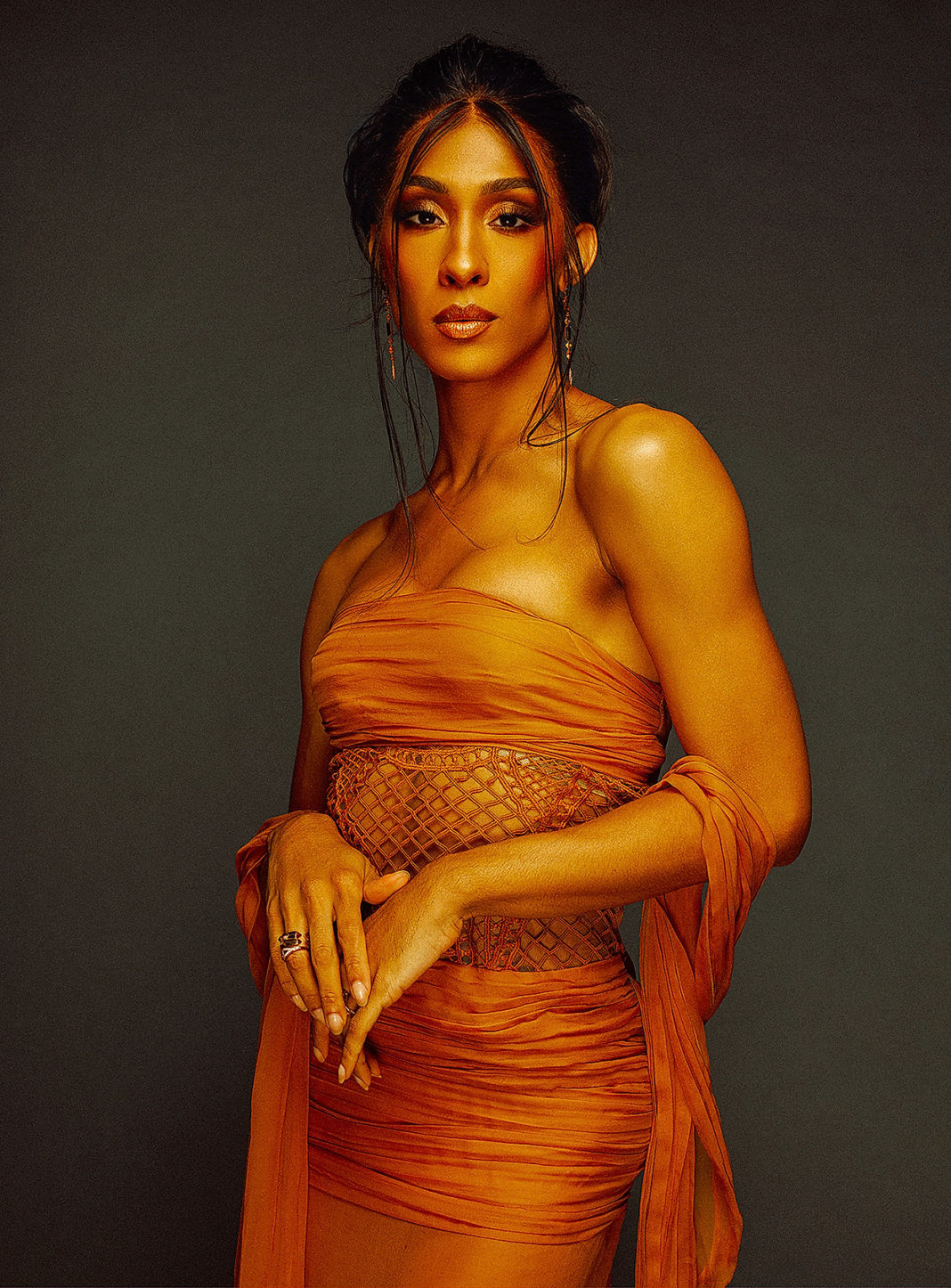Eleven LGBTQ+ Musicians and Their Life-Changing Albums
Pride celebrations often center around a particular song that embodies the spirit of the season. Music plays a vital role in fostering creativity within the queer community and aids LGBTQ+ individuals in self-discovery and self-acceptance. Pride is both liberation and celebration, and music serves as a powerful tool for personal growth.
To mark Pride 2024, several prominent musicians shared the albums that deeply resonated with them, highlighting the personal memories and artistic influences.
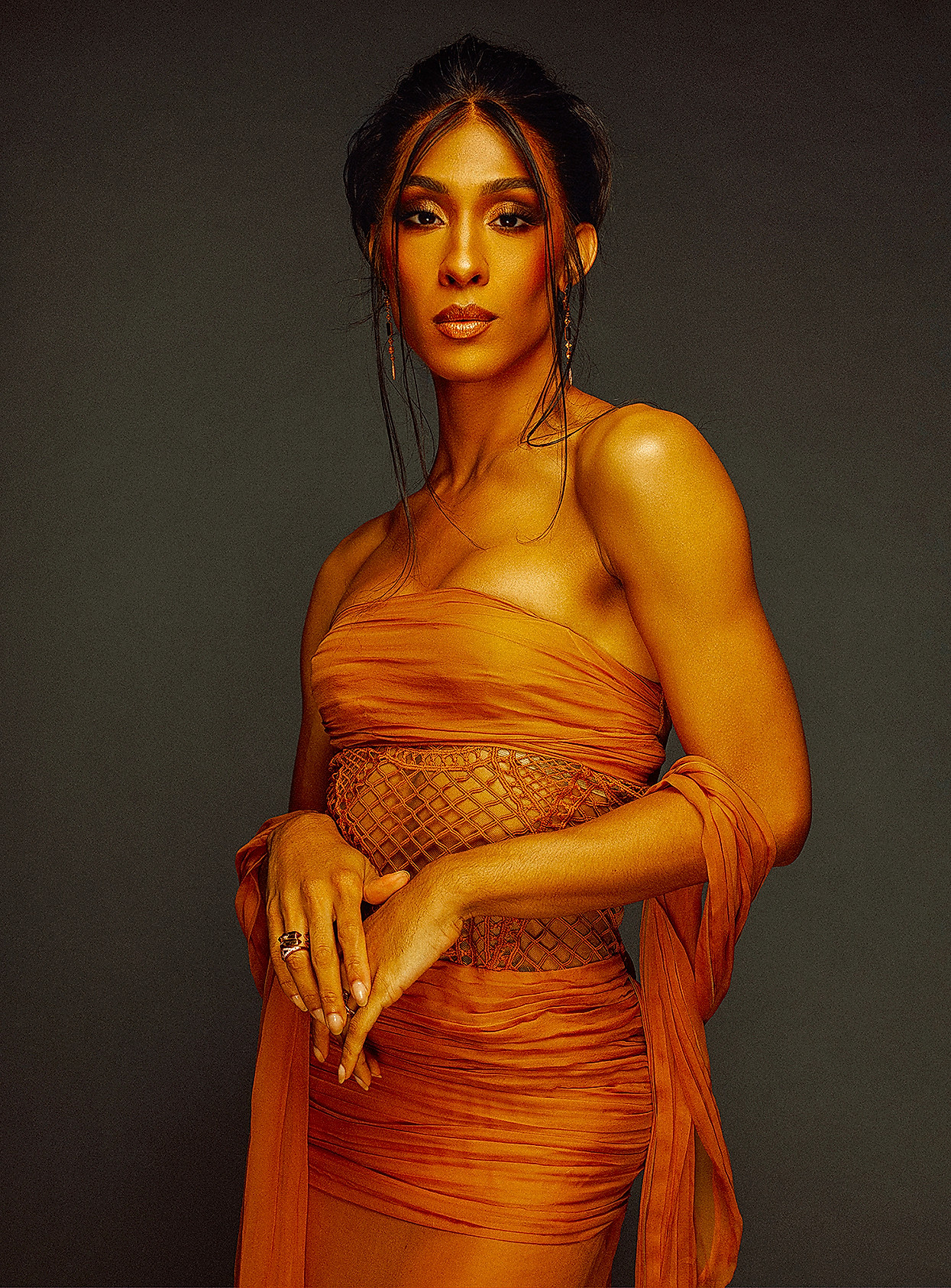
Michaela Jae Rodriguez: The Miseducation of Lauryn Hill
Lauryn Hill’s musical narrative profoundly impacted Michaela. The album was a constant presence in her childhood home. She recalls being captivated by “Doo Wop (That Thing)” in first grade, further fueled by her prior enthusiasm for Sister Act 2, which featured Hill. Hill’s openness about her life experiences – love, motherhood, societal challenges, and industry dynamics – provided Michaela with valuable insights into her own identity as a queer person of color. The song “Everything Is Everything” held particular significance, its message resonating deeply with her. Music, a lifelong passion, is integral to Michaela’s Pride celebrations, believing in its power to uplift and inspire.
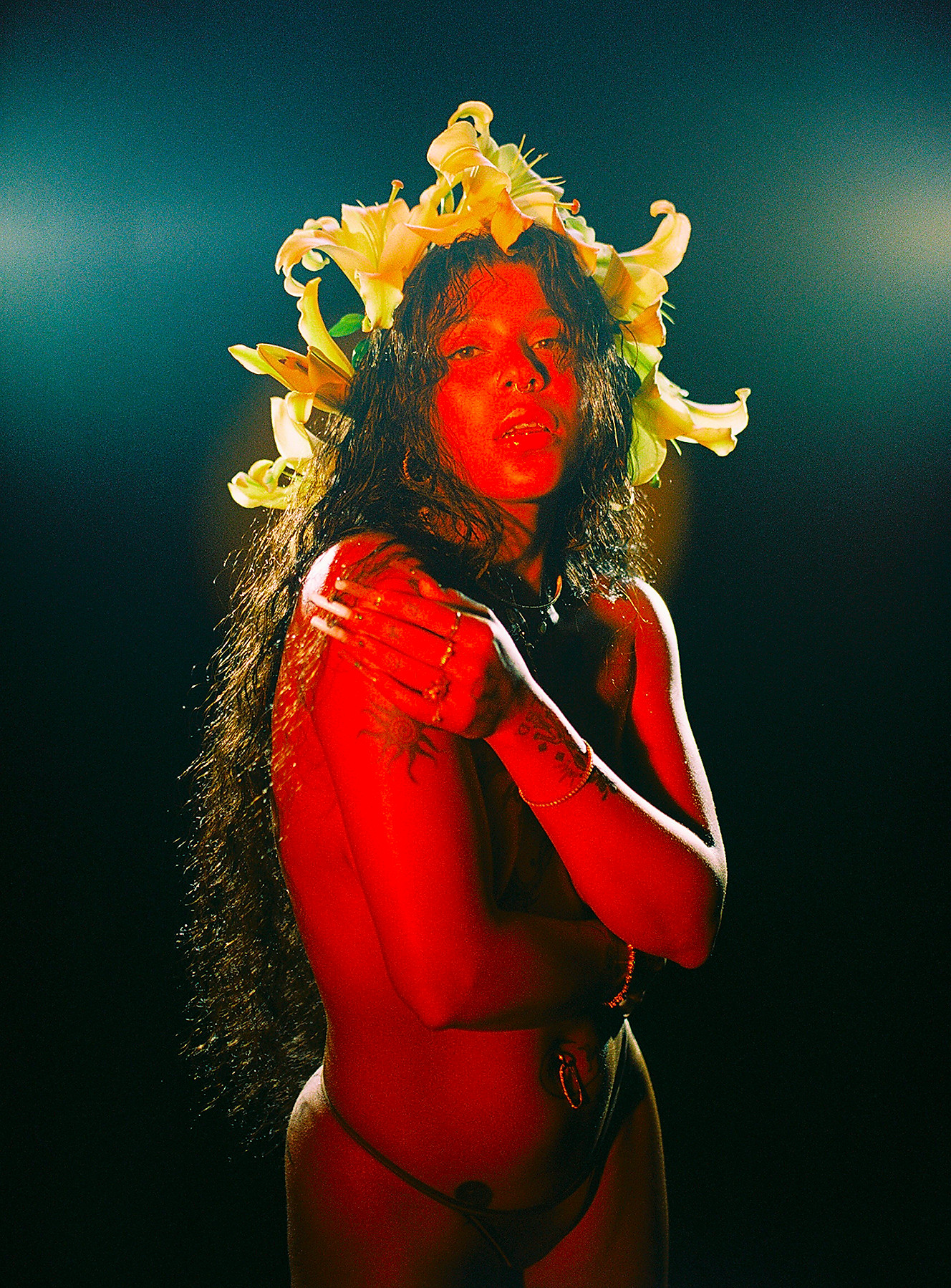
Tokischa: Rihanna’s Entire Discography
Rihanna’s entire body of work has served as a constant source of inspiration for Tokischa. Each album reflects a distinct phase in Rihanna’s artistic journey, contributing to Tokischa’s own self-discovery, both personally and professionally. The experience of obtaining and listening to Rihanna’s music was thrilling, sparking a deep connection that transcended mere admiration. Music represents freedom and authenticity for Tokischa, enabling self-expression and community connection.
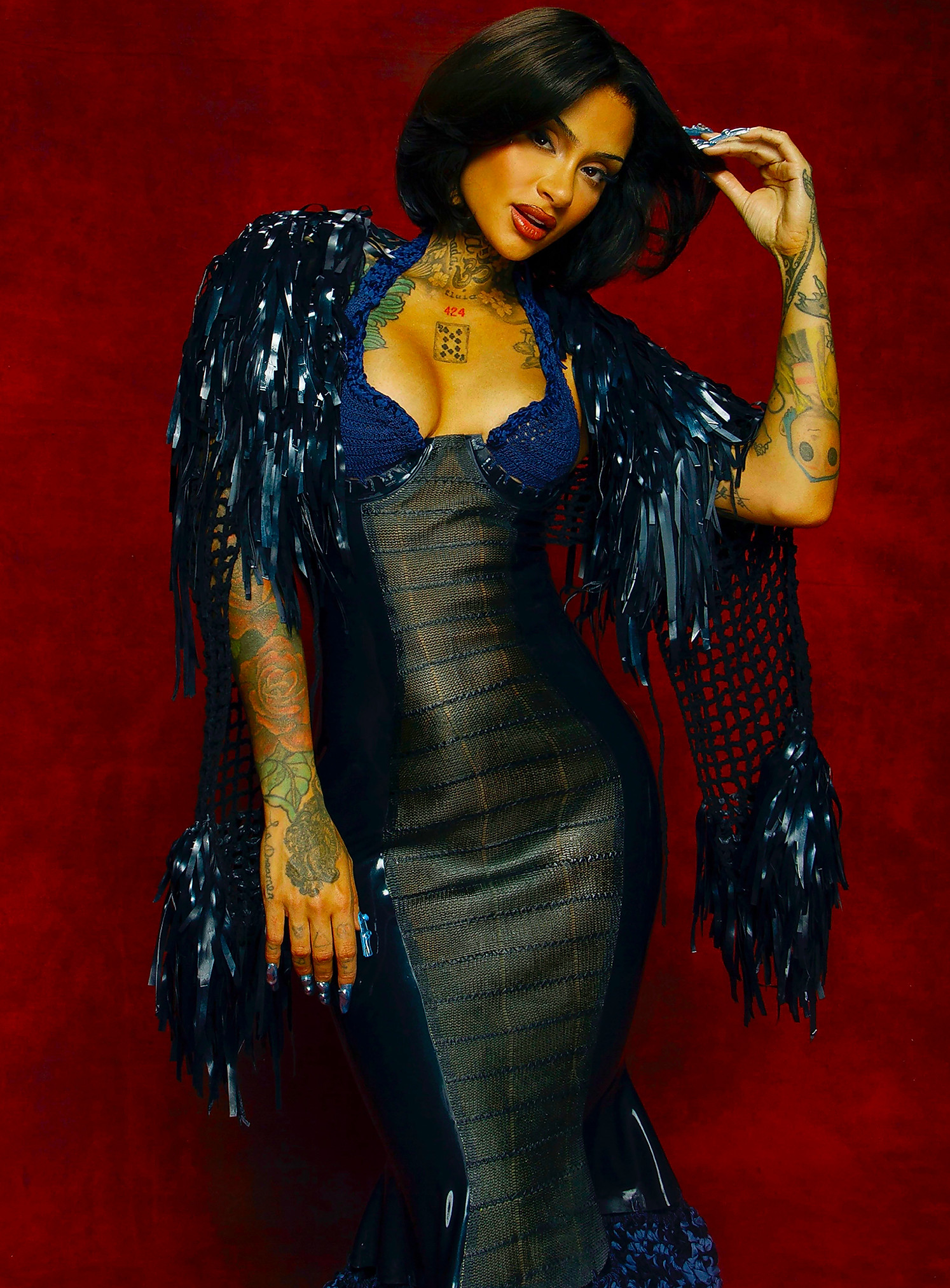
Kehlani: Full Moon by Brandy
Kehlani views music as essential to Pride’s celebratory and revolutionary spirit. Brandy’s Full Moon had a profound effect on her. The album’s genre-bending nature, particularly its forward-thinking approach to R&B, impressed Kehlani deeply, inspiring her own vocal training from a young age.
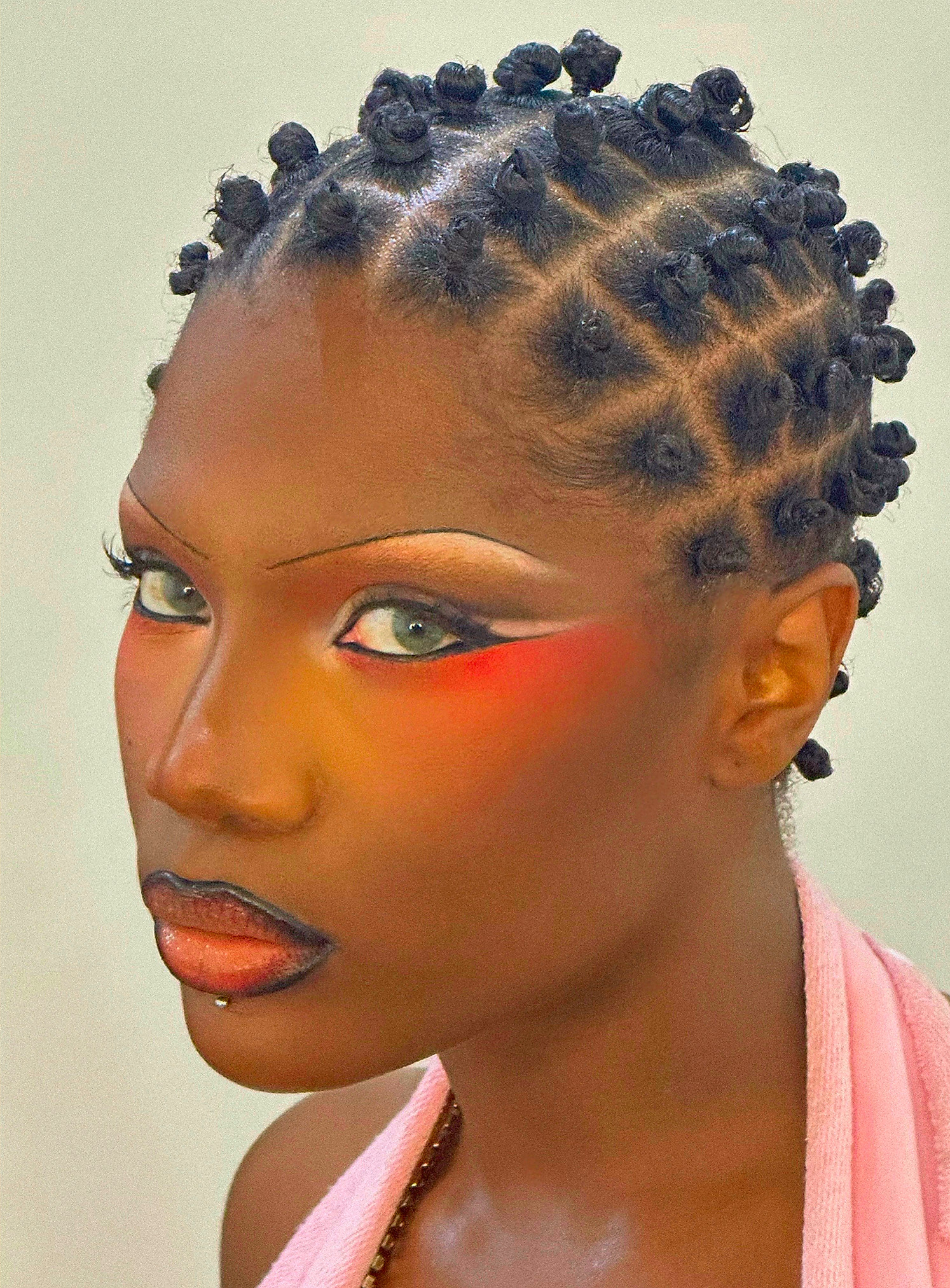
Doechii: My Beautiful Dark Twisted Fantasy by Kanye West
Doechii cites Kanye West’s My Beautiful Dark Twisted Fantasy as a pivotal album, shaping her artistic vision and belief in limitless musical possibilities. The album’s impact resonated strongly during her formative years. Music, for Doechii, is a means of self-expression, empowerment, and connection, embodying the essence of Pride through authenticity and individual expression.
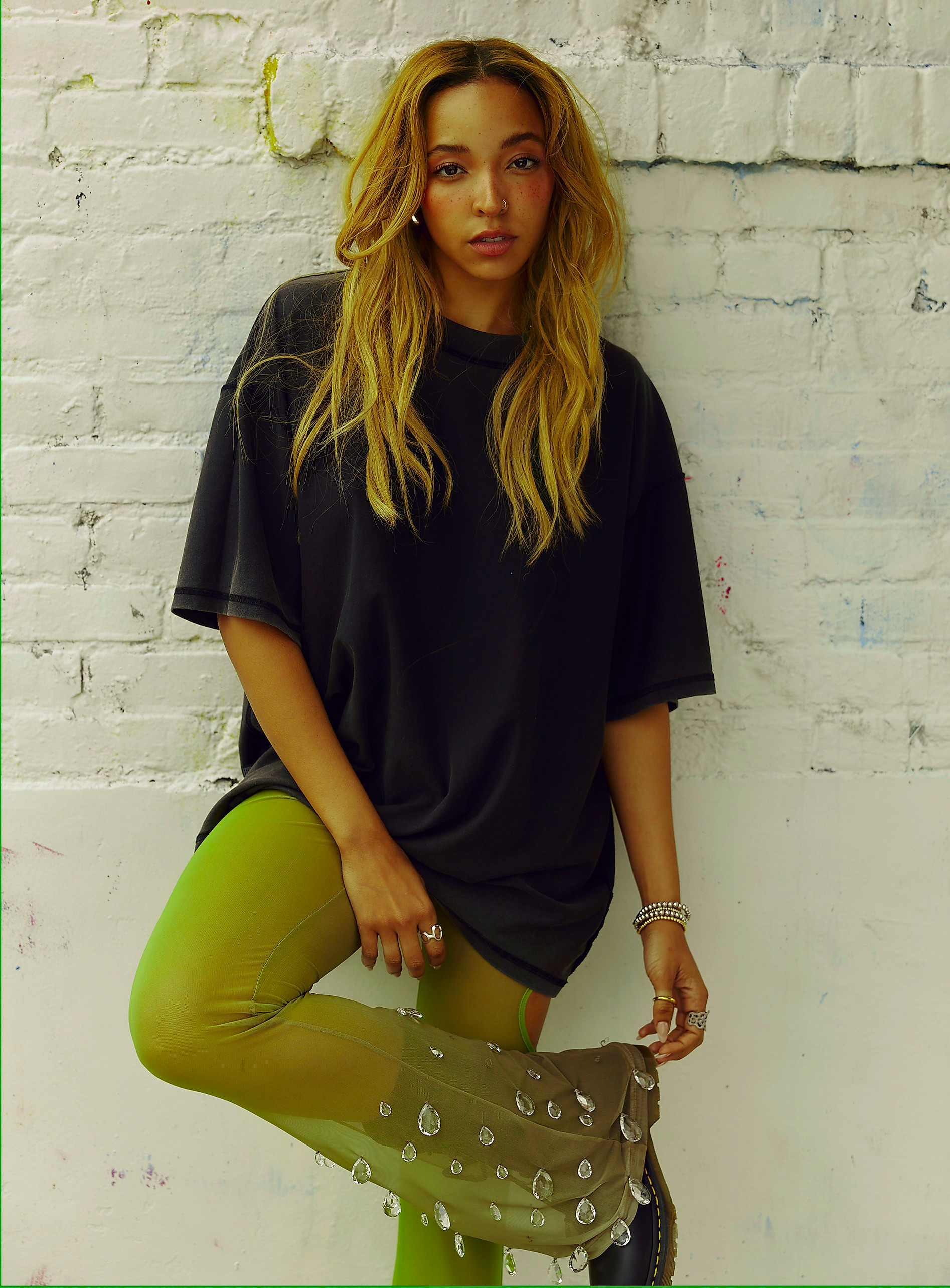
Tinashe: The Velvet Rope by Janet Jackson
Tinashe considers Janet Jackson’s The Velvet Rope her ultimate favorite album, serving as a model for crafting a diverse and cohesive musical project. The album’s message of freedom deeply resonates with her.
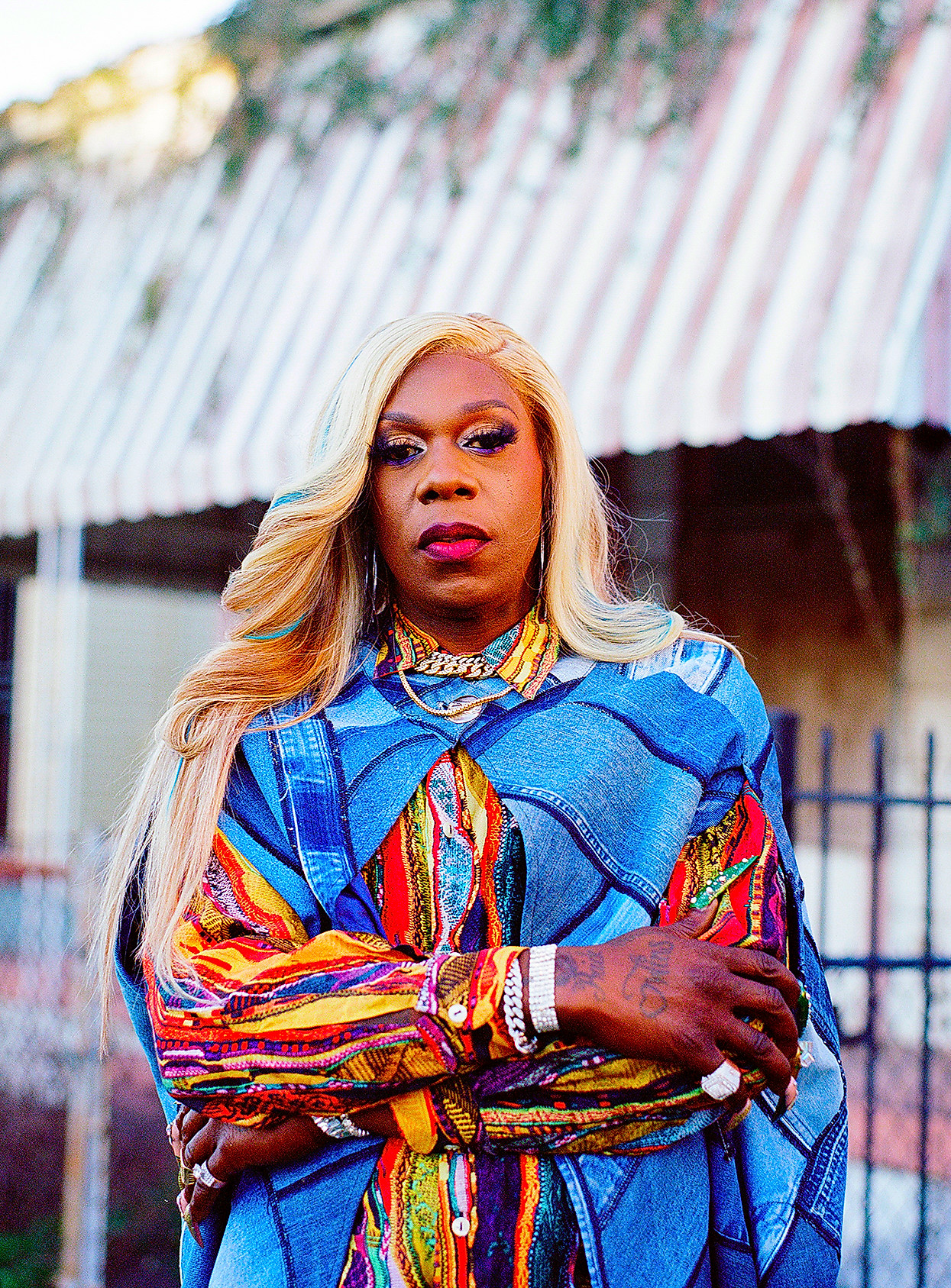
Big Freedia: Sylvester’s Music
Big Freedia’s personal identity is inextricably linked to her artistic expression. Sylvester’s music, notably his early work, stood out for its unapologetically gay nature, significantly shaping Big Freedia’s life. Discovering Sylvester’s music in gay clubs during her youth was a pivotal moment, confirming her aspirations and sense of belonging.
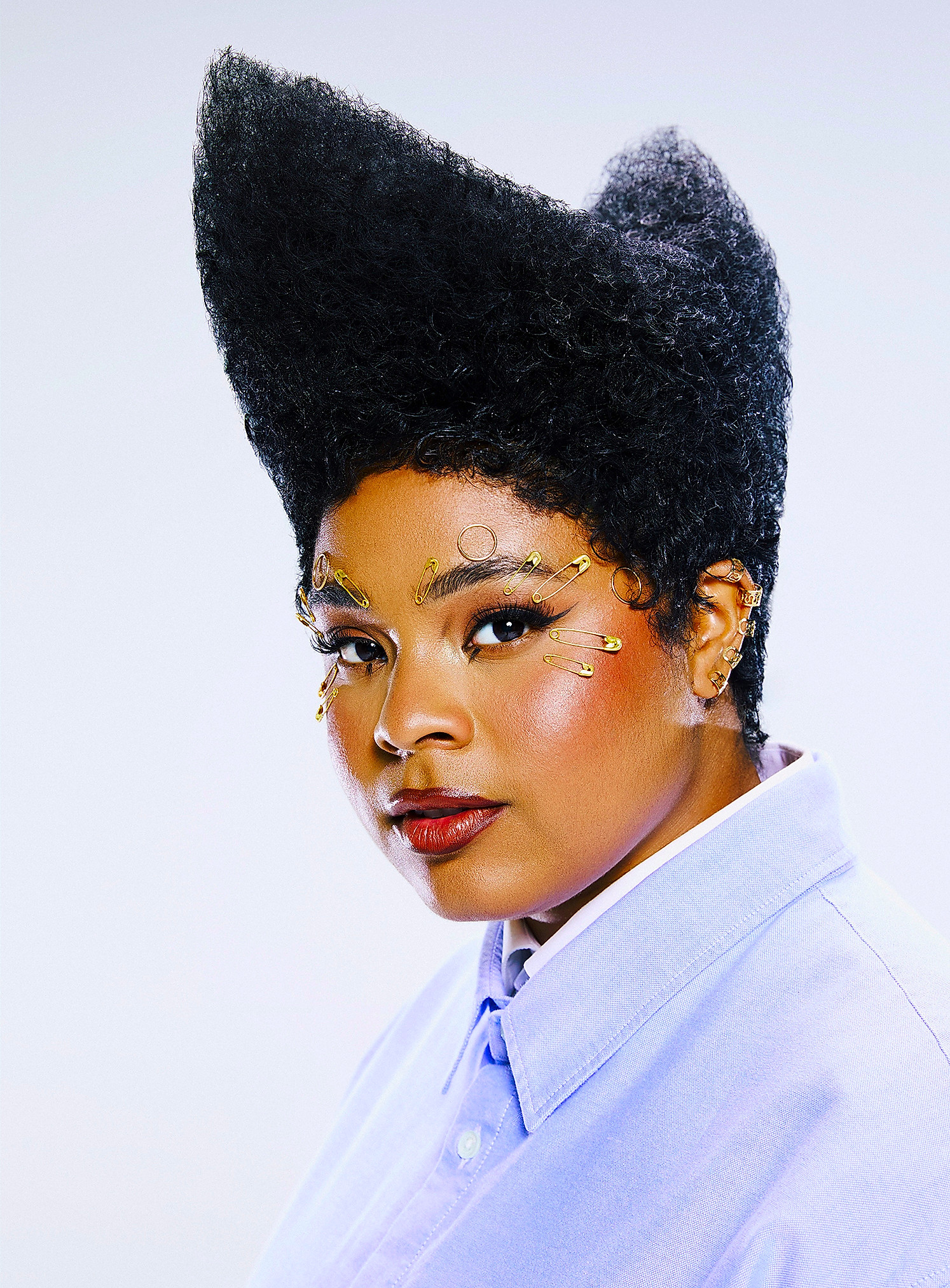
Tayla Parx: I’m Not Your Man by Marika Hackman
Tayla Parx highlights Marika Hackman’s I’m Not Your Man as an artistically and personally influential album, specifically the song “Boyfriend.” The album’s diverse influences and relatable lyrics resonated deeply with her experiences. Music provides comfort, support, and validation, especially for queer individuals.
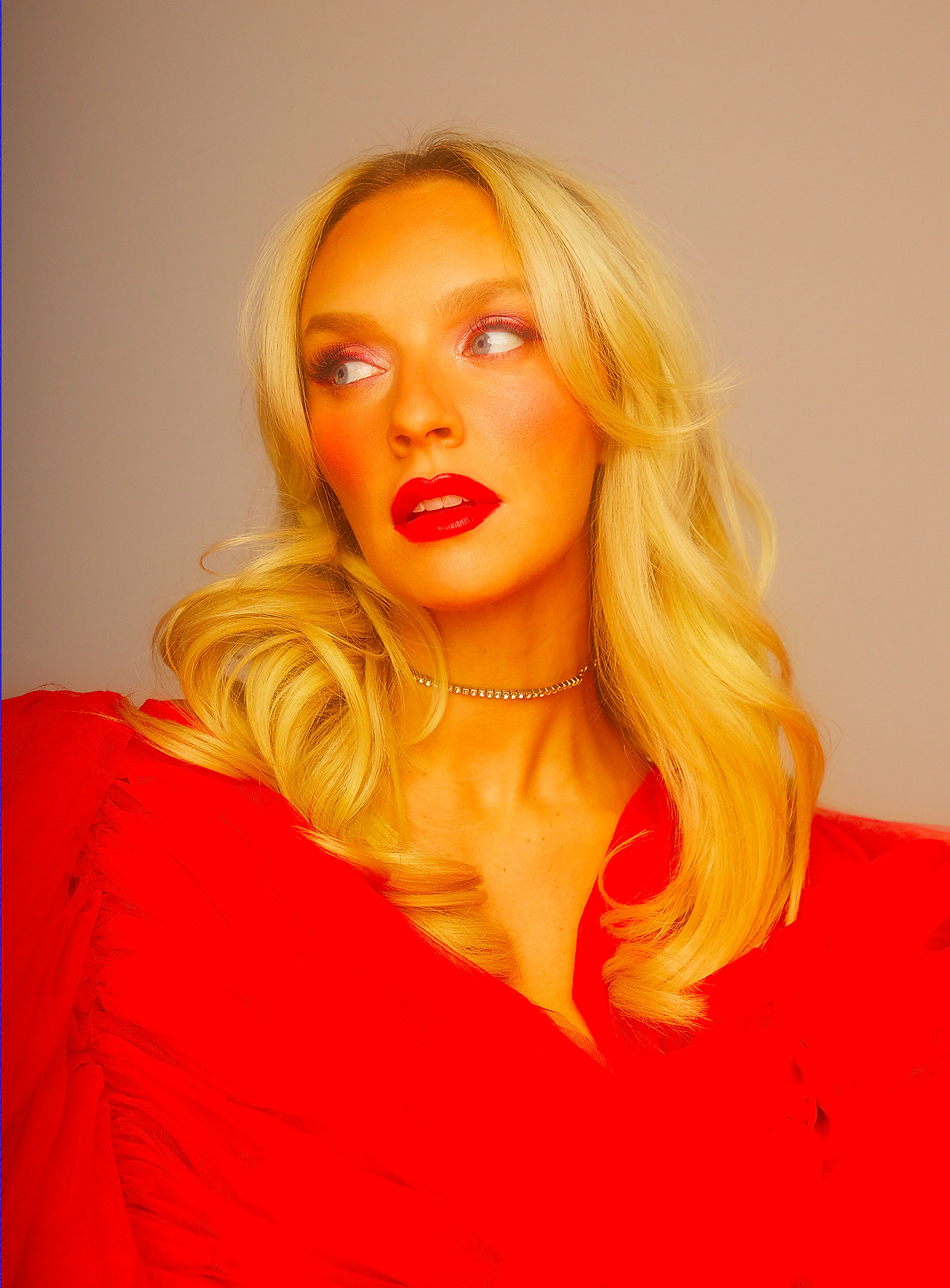
Zolita: The Fame Monster by Lady Gaga
For Zolita, Lady Gaga’s The Fame Monster played a significant role in accepting and embracing her queer identity. Gaga’s unapologetic self-expression and mainstream success were hugely inspiring, fostering a sense of community through the Gaga fandom. A cherished memory is attending the Chromatica Ball with fellow fans.
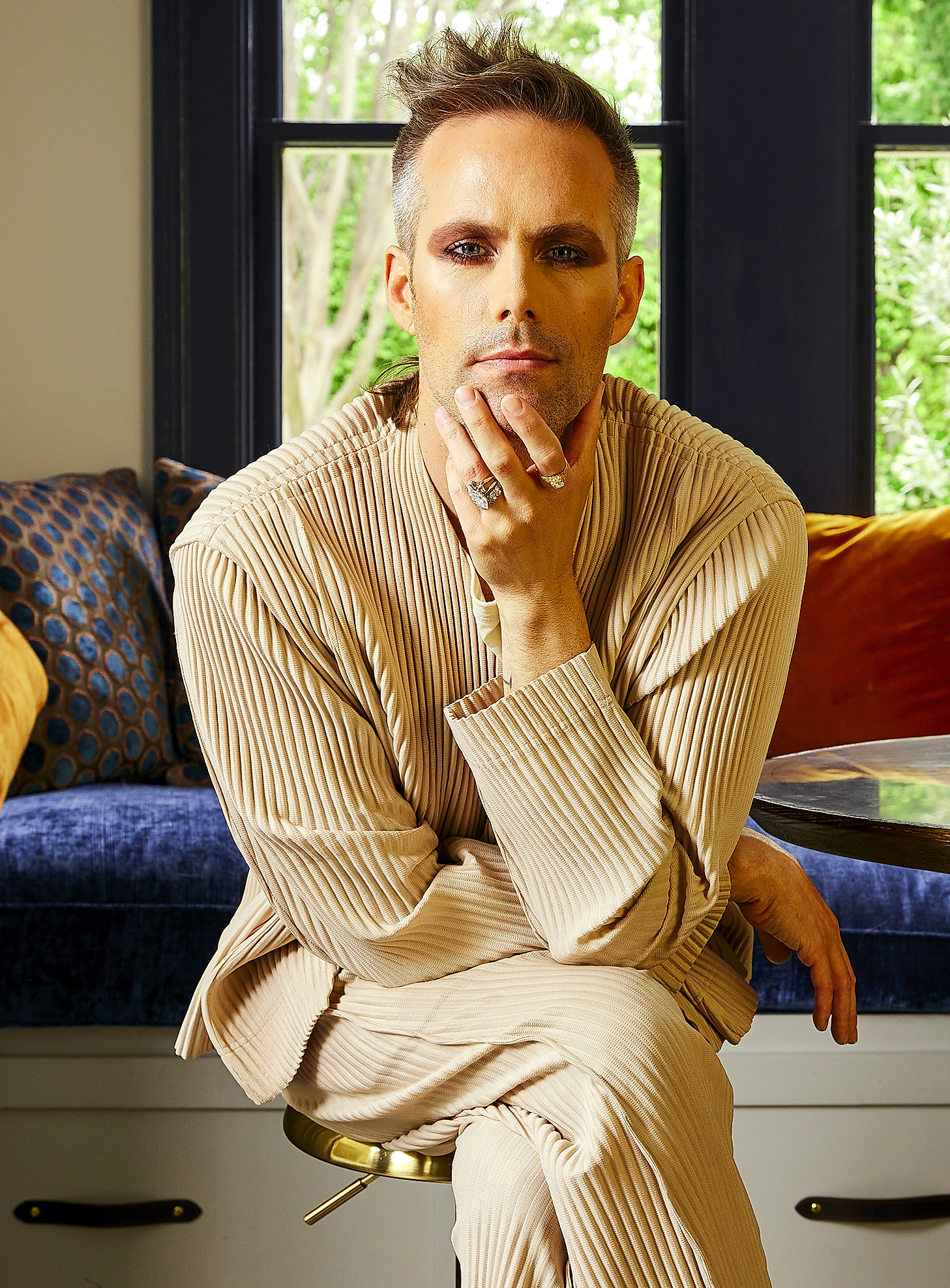
Ani DiFranco: Little Plastic Castle
Ani DiFranco’s Little Plastic Castle deeply resonated with Ani as a young queer person. The album’s diverse musical styles and themes of queer love, political activism, and self-determination strongly impacted her. She recalls buying the album and listening to it repeatedly during her commute, even engaging in a memorable moment of collective defiance with fellow queer youth on the train.
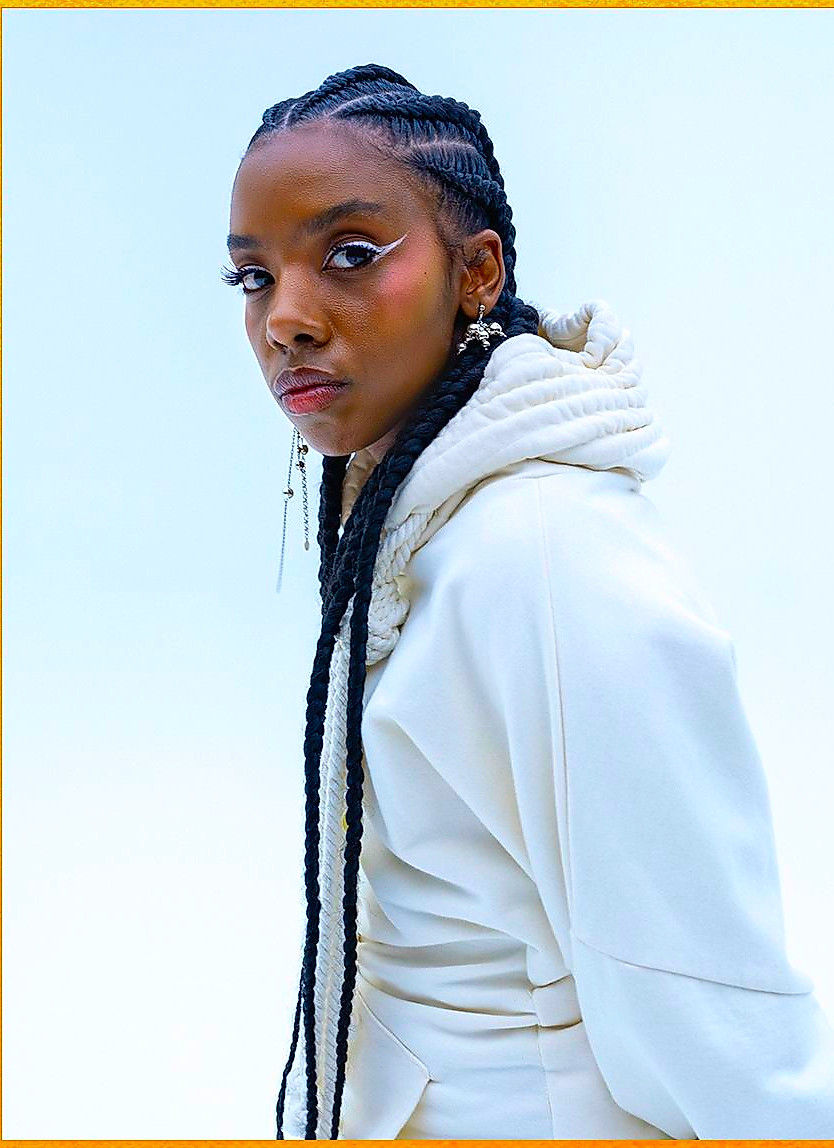
Dua Saleh: The Emancipation of Mimi by Mariah Carey
Dua Saleh highlights Mariah Carey’s The Emancipation of Mimi for its significant influence on their musical taste. The album’s widespread appeal among gay people is a source of pride. Dua Saleh reflects on the album’s impact, noting Mariah’s skill in storytelling and album-as-a-book quality. The album’s memory is tied to a childhood car ride, reminding Dua of a time before societal expectations, fostering a sense of authentic self-expression.
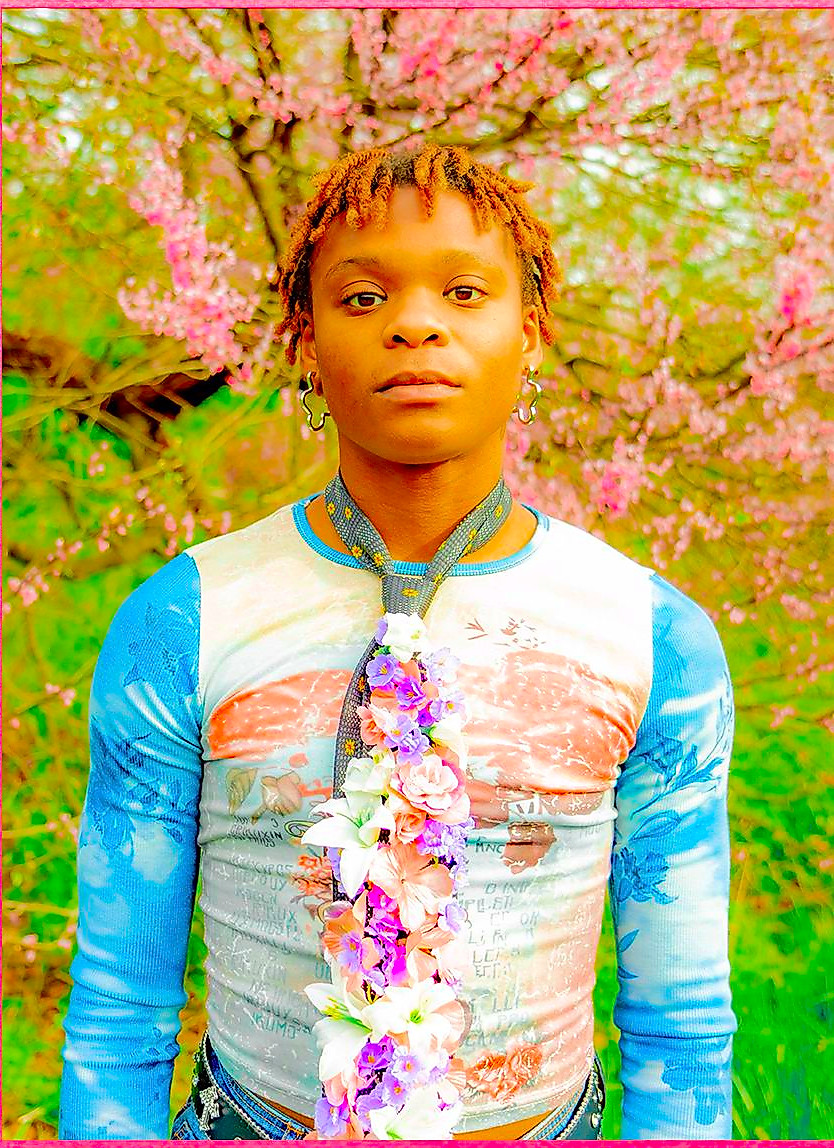
Dreamer Isioma: Princess Forever
Dreamer Isioma selects their own album, Princess Forever, as a defining work, recorded during a significant phase of their transition. The album’s creation and subsequent success, particularly the release of queer love songs as a Nigerian artist, is a source of personal pride and defiant celebration.
